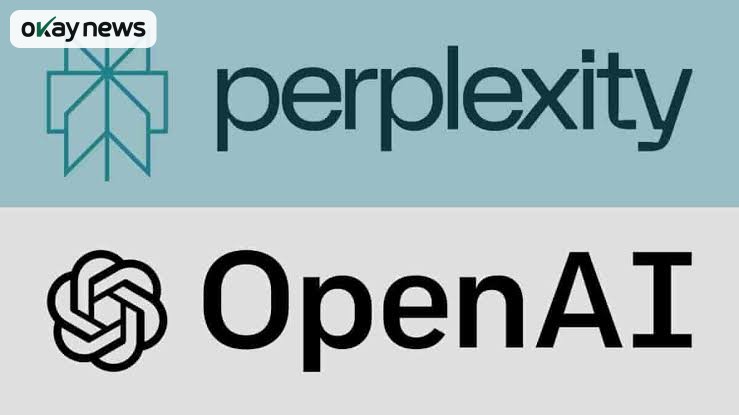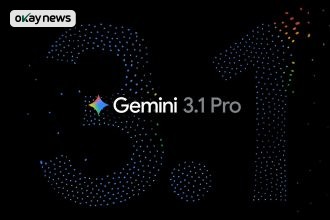OpenAI and Perplexity have both introduced new AI shopping assistants ahead of the holiday season, integrating the features directly into their chatbots to help users compare products and make purchase decisions. The development, first reported by TechCrunch, signals a deeper push by major AI companies into e-commerce — but smaller startups say they are not worried.
OpenAI says users can now ask ChatGPT for tailored buying recommendations, such as finding a gaming laptop under $1,000 or requesting cheaper alternatives to a clothing item shown in an uploaded photo. Perplexity, meanwhile, is emphasizing the advantage of its chatbot’s memory, allowing product suggestions based on what it already knows about a user’s work, location, or preferences.
Okay News reports that Adobe recently predicted a 520% surge in AI-assisted shopping this holiday season — a trend that could boost startups like Phia, Cherry, or Deft. But despite the timing of OpenAI and Perplexity’s announcements, niche competitors believe they still have the upper hand in quality.
Speaking to TechCrunch, Zach Hudson, CEO of interior-design shopping platform Onton, argued that domain-specific AI tools remain more accurate because they rely on tightly curated datasets instead of broad search indexes. “Right now, ChatGPT and LLM-based tools like Perplexity piggyback off existing search engines,” he said, adding that their recommendations are limited by the quality of results from Bing or Google.
Fashion-focused startup Daydream shares the same view. Its CEO Julie Bornstein added that fields like fashion require “nuanced, emotional understanding” that general-purpose chatbots cannot match without specialized data on fabrics, silhouettes, and style behavior.
This specialized approach is aimed at allowing smaller companies build proprietary datasets that outperform big models in narrow categories such as home décor, fashion, or travel. Onton, for example, has created a pipeline that catalogs hundreds of thousands of furniture and design items to train its own internal models.
What OpenAI and Perplexity do have, however, is scale. With millions already using their platforms, both have leverage to strike deals with major retail partners. OpenAI integrates checkout through Shopify, while Perplexity works with PayPal — offering a seamless purchase experience directly inside the chatbot.
As the companies continue searching for sustainable revenue models, industry analysts say e-commerce could become a major battleground, with retailers potentially paying to promote products within AI search results.






